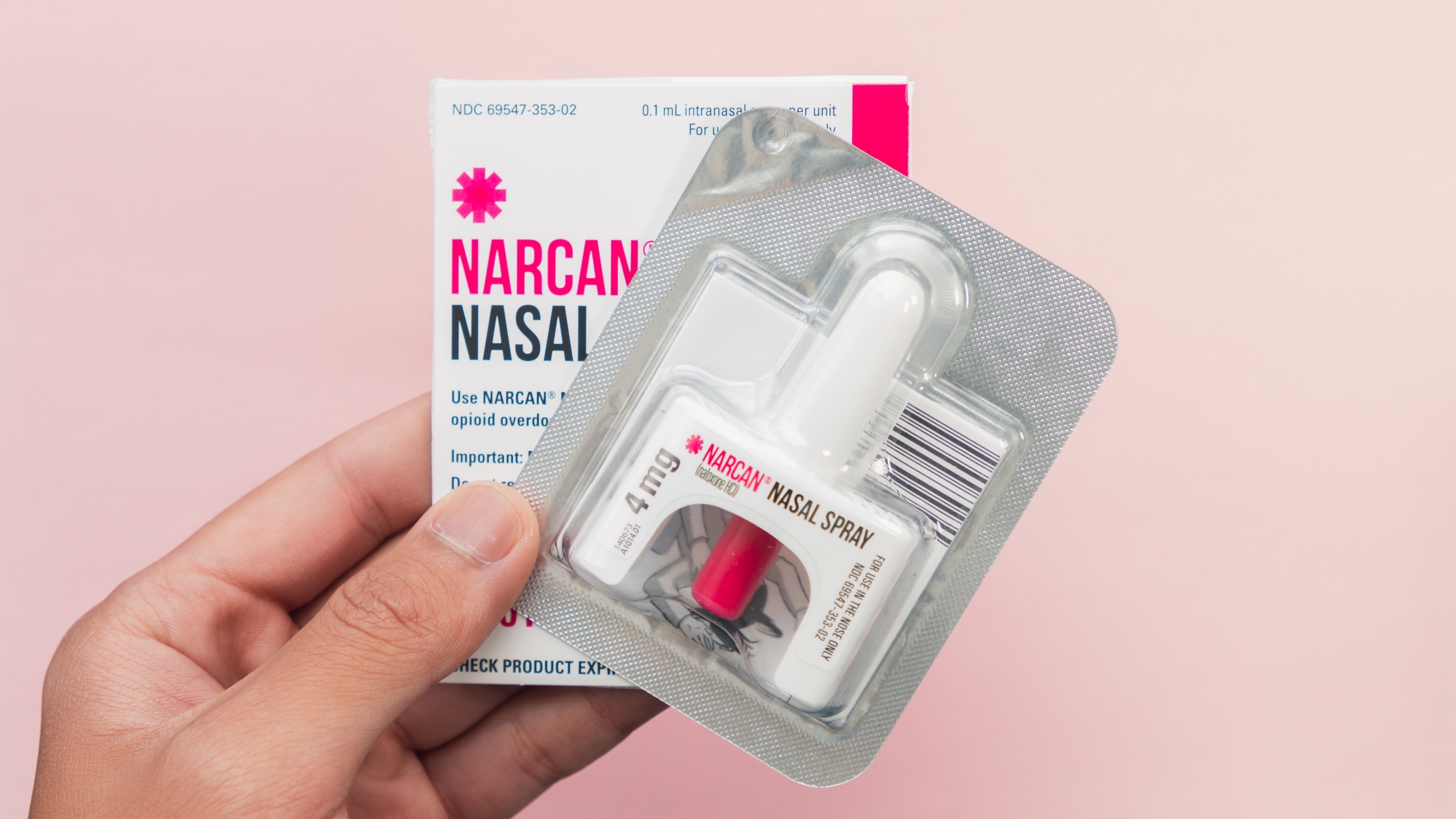|
Getting your Trinity Audio player ready...
|
As a healthcare journalist and advocate with Inside Medicine, where our mission is to unite patients, physicians, and communities through shared local healthcare information, we are deeply concerned about the ongoing opioid epidemic and focused on solutions to bring an end to this crisis. The numbers for our state are nothing short of alarming: between December 2020 and 2021, Alabama saw 1,340 deaths attributed to drug overdoses – a shocking 33 percent increase in just one year. In 2018, our state recorded 97.5 opioid prescriptions for every 100 persons, a statistic that underscores the depth of our pain management crisis.
Every day, 130 Americans die from opioid-related overdoses, with seniors bearing a disproportionate burden of this public health emergency. In 2022 alone, approximately 1.1 million seniors were diagnosed with opioid use disorder, costing Medicare an estimated $33 billion. This is not just a statistic – it represents countless lives disrupted, families torn apart, and a healthcare system struggling to address a seemingly intractable problem.
Consider the overwhelming patient sentiment: 83 percent of seniors believe access to non-opioid treatments as effective as opioids is critically important. Even more compelling, 84 percent would prefer non-opioid treatment if given a choice. Perhaps most significantly, 86 percent of seniors report they would choose a non-opioid treatment if it were equally effective – with 67 percent stating they would be “very likely” to do so. This sentiment reflects a profound disconnect between medical practice and patient experience.
The Alternatives to PAIN Act represents a beacon of hope in this challenging landscape. This bipartisan legislation would revolutionize pain management access for seniors and disabled individuals by ensuring Medicare Part D provides equitable coverage for non-opioid pain treatments. Specifically, the Act would limit patient cost-sharing for non-opioid pain relief under Medicare plans covering outpatient therapeutics. It would eliminate step therapy requirements that force patients to try less expensive drugs before accessing non-opioid alternatives. Importantly, the legislation emphasizes shared decision-making between patients and healthcare providers, ensuring treatment choices reflect individual preferences and needs.
With several non-opioid treatments already available and more in development, this legislation builds upon the success of the recently passed No Pain Act. Together, these legislative efforts aim to create a level playing field in pain management access.
These are not just numbers. They represent the lived experiences of our parents, grandparents, and community elders who deserve compassionate, safe medical treatment. Research shows that 10 percent of patients prescribed opioids for post-surgical pain become dependent or develop opioid use disorder. For seniors, who are more likely to undergo surgical procedures and require pain management, this risk is particularly devastating.
The financial implications are equally significant. The $33 billion Medicare currently spends on opioid use disorder treatment could be dramatically reduced by preventing dependency. These saved resources could be redirected to critical healthcare needs like expanding mental health services and addressing primary care physician shortages.
As someone who has dedicated their career to understanding and improving healthcare delivery, I see the Alternatives to PAIN Act as more than legislation. We have a responsibility to provide our seniors with the safest, most effective pain management options available.
Alabama has been hit particularly hard by this crisis and our country stands at a critical juncture. The medical community is increasingly clear: opioids are not inherently more effective at managing pain than alternative treatments. Yet the current Medicare framework often makes opioids the most accessible and affordable option. This legislation would level the playing field, giving patients real choice and healthcare providers more comprehensive treatment options.
I want to commend Senator Katie Britt for her leadership on this critical issue. As a cosponsor of the Alternatives to PAIN Act, she has shown her commitment to addressing our state’s opioid crisis head-on. To our other Congressional representatives, I say this: The evidence is clear. The patient sentiment is overwhelming. The need is urgent. Follow Senator Britt’s lead and support the Alternatives to PAIN Act to take a critical step toward more responsible, patient-centered pain management.
Our seniors deserve nothing less than our most innovative, safe, and effective medical solutions. It is time we listened to their needs and acted decisively.
Kelly Reese is Founder and CEO of Inside Medicine






















































